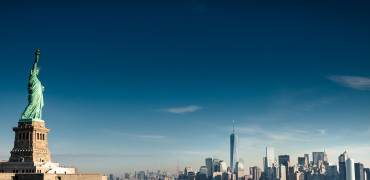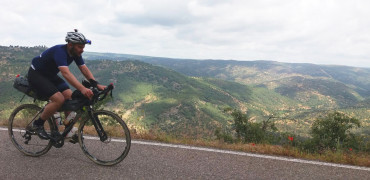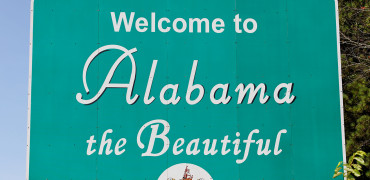Anyone avidly following the HBO series Game of Thrones (GOT) will be eagerly waiting for the start of the new series and will instantly recognise the phrase ‘Winter is coming’ which I’ve adapted for the headline.
Winter is coming is a central statement in GOT not only as the Stark family motto but also a prophecy of forthcoming desolation, terror and death.
If you haven’t seen the series, GOT is an absolutely gripping mixture of politics, war, death, sex and life – brutally displayed in all its intrigue and gory! It’s certainly not for the fainthearted.
However amongst the fierce online debates about the series, I came across one that discusses the seasons in GOT and succinctly asks the question: “does the climate in Game of Thrones make sense?”
The central premise of the series (and the phrase) is that the decade-long summer is about to be followed by a brutal winter that looks likely to last for many years. The discussion on theconversation.com is a fascinating read and focuses on the impact of the axis and tilt of the GOT planet.
“But this is all fantasy” I can hear some cry!
Back in the real world though, we’ve already been here before.
What is known as the ‘Little Ice Age’ around 1300AD is a real, historic example of the effects of a relatively quick climate change.
Medieval society in the Northern hemisphere saw a decrease in temperature of around 1˚C compared with today. This was enough to cause much, much harsher winters and plunge the continent into famines and conflict.
The threat to us today is different in that we are facing the effects of global warming, rather than a big freeze, but the results could be just as catastrophic.
Rising sea levels, more extremes of temperature, heat, drought and crop failure are serious possibilities that will impact on the entire globe, whether through higher food prices and shortages, increased migration and more possible conflict.
This is brutally laid out in a New York Times article on climate change, called “The Uninhabitable Earth.” The author, David Wallace-Wells highlights what could be the worst-case scenario and has caused significant online debate with some calling it ‘Climate Change Porn’.
As well as pointing to more extreme weather and the droughts and crop failures mentioned above, Wallace-Wells concludes that if we do nothing to reduce greenhouse gas emissions, then global warming could melt prehistoric ice with the potential to release never-seen-before bacteria leading to outbreaks of as yet unknown diseases.
“It is, I promise, worse than you think,” he declares. “No matter how well-informed you are, you are surely not alarmed enough.”
So is everything hopeless? Or are there things we as individuals and companies can do?
If I can leave on a note of hope, mankind is developing technology all the time that will help mitigate the effects of global warming. We will see a significant increase in electric and hybrid cars in the coming years, which will not only reduce petrol and oil consumption, it will decrease the amounts of pollutants from carbon-based engines, leading to an improvement in air quality – especially in our cities.
My colleague Ellina Webb has already explored the likely impacts of Climate Change in our cities here.
We’re also seeing ideas on how to tackle problems such as plastic in the oceans, and news of countries around the world, generating more power through renewables, seems to come in almost daily now, so as a species, we are trying to get a grip on things.
The Committee on Climate Change has also forecast that by 2030, the use of air source heat pumps to provide heating for UK homes will rise to over one million units per year. This will also start to make a real difference, especially as we ‘green the grid’ through more nuclear and solar power generation.
Individually, we are all more aware of the little bits we can do to make a difference, from recycling, cycling more, driving less and more sustainably, reducing waste at home and looking at the carbon footprint of the companies we buy from and the products we choose.
And companies are also trying to do their bit as my colleague Gemma Lakin reports in her post here.
So all is not without hope but we certainly cannot afford to be complacent.
For a stark (forgive the pun) example of what the disastrous effects of a quick change in climate will be, then I am expecting GOT to keep us all gripped and on the edge of our seats.
In the real world, we also face political turmoil and disagreement on the way forward.
However, regardless of who happens to sit on our own ‘Iron Throne’, Governments are also trying to make the necessary changes, as I explore in my post about the USA pulling out of the Paris Agreement on Climate Change.
So, whilst I’m expecting devastation and conflict in a TV series, the ‘Winter is coming’ motto also serves as a very salutatory lesson for us in the real world.
Russell Jones is PR & Communications Manager for Mitsubishi Electric.
If you have any questions about this article, you can contact us via email. Or if you would like to tweet us, please follow our MEUK_LES twitter page.
We upload new articles every week so remember to check back regularly.
You can also sign up for our monthly newsletter below.



